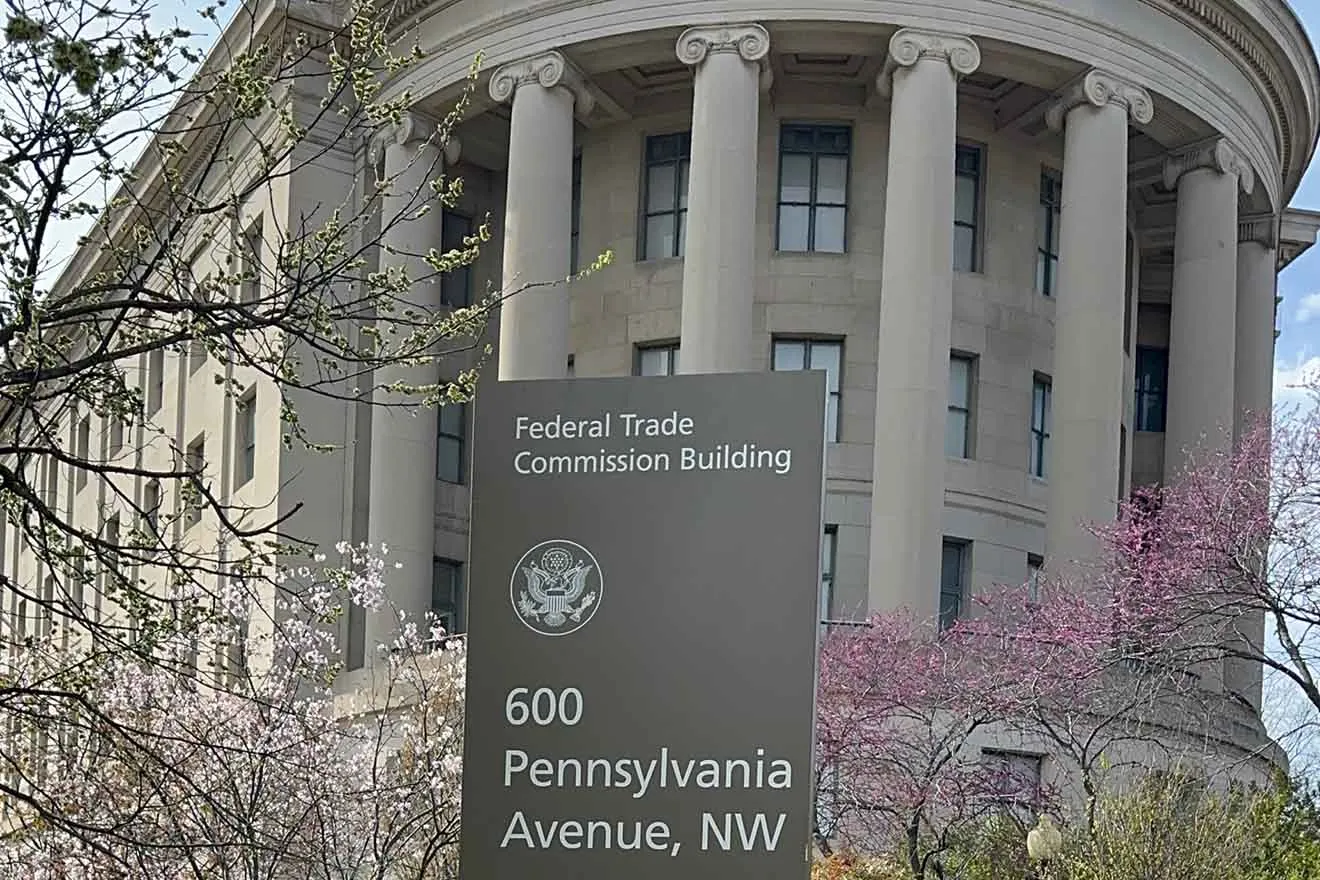
Governor Polis vetoes 11 bills, a personal record, passed in 2025 by Colorado Legislature
Colorado Governor Jared Polis signed 476 bills approved by the Colorado Legislature this year and vetoed 11 measures, a record for him.
The previous veto record from Polis was 10, during the 2023 legislative session. In 2019, he vetoed five bills, in 2020 three bills, in 2021 three bills, in 2022 four bills, and in 2024 six bills.
Here are the bills state lawmakers approved that Polis declined to sign into law this year.
Worker Protection Act
Senate Bill 25-5, dubbed the Worker Protection Act, would have removed Colorado’s unique requirement for a second election following a simple majority vote to form a union.
Polis said from the start of the 2025 legislative session that he would reject the measure unless a compromise between labor and business interests came about.
The second vote requires 75 percent approval for workers to be able to negotiate whether every employee must pay representation fees, regardless of union membership. Colorado is the only state to have that system. It was created through the Labor Peace Act over 80 years ago.
Ban on rent algorithms
Polis’ last veto of the year went to House Bill 25-1004, which would have banned the use of computer algorithms to set rent in the state.
Consumer advocates and bill supporters blasted the veto, which Polis said was necessary as several lawsuits related to rent algorithms run their course. That includes an antitrust lawsuit Colorado Attorney General Phil Weiser joined last year targeting RealPage.
The Biden administration released a report last year that found software from companies like RealPage cost Denver renters an extra $136 per month, one of the highest monthly cost increases in the country, and is used in over 45 percent of multifamily rental units in the city.
Ride-share safety
House Bill 25-1291 aimed to increase safety for passengers who use ride-share services like Uber and Lyft, but Polis vetoed the measure after the companies threatened to pull out of Colorado if it passed.
The bill would have allowed for optional audio and visual recording during rides and a ban on drivers offering their passengers food and drink. It would have also added new background check requirements and allowed a person to sue a company or driver, instead of going to arbitration, in the case of death, sexual assault, personal injury or kidnapping.
The bill was sponsored by Representative Jenny Willford, a Northglenn Democrat who said she was sexually assaulted by a Lyft driver last year. Prosecutors charged the man who allegedly attacked her in May, and Willford is suing Lyft over the incident.
Bill sponsors said they will continue to pursue options to increase safety for riders, and Polis directed the Colorado Department of Regulatory Agencies to work with sponsors to find new policy ideas.
Open records
A bipartisan measure that would have changed Colorado Open Records Act timeline requirements was the first bill Polis vetoed this year.
Senate Bill 25-77 would have extended the timeline that a records custodian has to respond to a CORA request, except for requests from journalists. It also would have given entities more time to respond to a request if they decided the request was for financial gain, like obtaining information on a large group of people in order to solicit business.
Polis said the measure gave records custodians too much discretion to determine the intent of someone requesting a record. He also said he supports “more, not less, openness and transparency” in his veto letter.
Supporters of the bill said it was intended to give public officials a reasonable amount of time to respond to an increasing volume of requests.
Social media regulations
Polis vetoed Senate Bill 25-86, which was intended to protect vulnerable young people from predatory social media users who try to sexually exploit them online or sell them drugs or guns.
It would have required social media companies, such as X and Meta, to investigate and remove users they determine violate policies around those behaviors. It also would have required companies to hand over related materials to law enforcement within three days of a request.
The Senate voted to override Polis’ veto of the bipartisan bill, but the House did not, so the veto stands.
Polis said in his veto letter that the measure required social media companies rather than law enforcement to enforce the law. Bill sponsors have said they will bring the measure back in future sessions.
Ambulance costs
House Bill 25-1088, which received unanimous bipartisan approval from the Colorado Legislature, would have eliminated surprise billing for ambulance rides.
Polis vetoed the measure, saying while it was well-intended to save rural Coloradans money, it would have ultimately increased health insurance premium costs. The bill would have required insurance companies to pay for out-of-network ambulance rides at set rates.
“I have been provided with estimates on premium impact that range from $0.73 to $2.15 per member per month, which means a family of four would likely pay as much as one hundred dollars more per year in insurance premiums if I were to sign this bill; by every estimate, this bill raises costs for consumers,” Polis said in his veto letter.
Copays for people in custody
House Bill 25-1026 would have eliminated copayments people in Colorado Department of Corrections custody have to pay for health care visits, as well as fees for missed appointments.
Polis said the measure “micromanaged” CDOC policy and said decisions on such policies are better determined by the department itself. The department is already restricted to a $5 maximum copay charge for people in custody.
On the same day he vetoed the bill, Polis issued an executive orderdirecting CDOC to review and revise its policies on medical copays to reduce the cost for the incarcerated person, and waive the cost for certain services. It also tells the department to enhance its data collection regarding fees charged for missed appointments.
Supporters of the bill said it would have reduced barriers to necessary medical treatment.
Autonomous vehicles
House Bill 25-1122 would have required commercial self-driving vehicles to have a person with a valid driver’s license present in the vehicle, a measure intended to increase safety on the road.
Polis said in his veto letter that the bipartisan measure would have effectively created a “first-in-the-nation prohibition on autonomous commercial vehicle testing and operations.”
“While we as a country have yet to see widespread adoption of autonomous commercial vehicles, deployment in Colorado presents potential opportunities for improving safety,” Polis said in his veto letter. “Allowing HB 25-1122 to become law would require a driver to be present in commercial vehicles, which may undermine innovation of future technologies that could increase road safety.”
Medical nutrition therapy
Senate Bill 25-1220 would have required dietitians and nutritionists to be licensed through the state Division of Professions and Occupations after passing certain educational requirements.
In his veto letter, Polis cited a “sunrise review” the Department of Regulatory Agencies conducted in 2024 that advised the Legislature against regulating dietitians and nutritionists “due to a lack of evidence of harm to justify regulation of this entire group of professionals.”
Polis said the review was “well-researched and thorough,” so he agrees with its findings that the professions don’t need state regulation.
Municipal court requirements
House Bill 25-1147 would have prevented municipal courts from inflicting harsher sentences for low-level crimes than the state would for the same crime.
The goal of the bill was to align state court practices with municipal court practices. Local governments opposed the bill, claiming it violated the rights of Colorado’s home-rule municipalities.
Polis said in his veto letter that the measure “significantly restricts a municipality’s ability to react to local crime trends in ways that a local government deems most appropriate to improve public safety in their community.”
The bill also included provisions that would have clarified that defendants have the right to counsel in municipal court, and that municipal court proceedings should be open to the public, concepts Polis said he would have supported on their own.
Jury duty opt-out
House Bill 25-1065 would have allowed people age 72 and older to permanently opt out of jury duty.
The bipartisan bill also would have allowed people living outside of Colorado, such as a college student, to temporarily opt out.
“Older adults have so much to contribute to our communities and a state law that creates an arbitrary age-based threshold for exclusion from one’s civic duty isn’t warranted,” Polis said in his veto letter.
The governor indicated he would be open to future discussion of allowing people to postpone jury service for good reason. Currently, a juror can postpone their jury duty for up for six months for any reason.

















